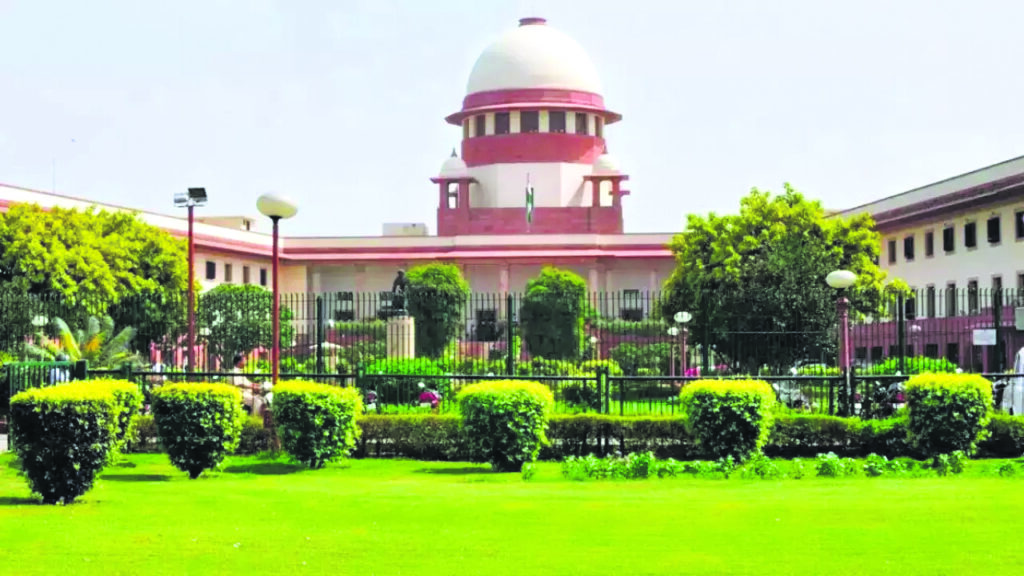Rehan Khan
On 12th November, the Supreme Court of India directed nationwide trial courts to refrain from registering new suits or issuing surveys and effective orders in cases disputing the religious character of existing structures. The directive was issued by a Bench comprising Chief Justice of India Sanjiv Khanna, Justice PV Sanjay Kumar and Justice KV Viswanathan, who emphasized the applicability of the Places of Worship (Special Provisions) Act, 1991.
The Act which was introduced during the PV Narasimha Rao Government, seeks to preserve the religious character of all places of worship as they existed on August 15, 1947, barring legal challenges to their status. It exempts the Ram Janmabhoomi-Babri Masjid site in Ayodhya, which was adjudicated in 2019. The Court reaffirmed that Lower Courts cannot proceed with cases that violate the Act while its validity is under judicial scrutiny.
The Bench remarked, “As the matter is sub judice before this Court, we deem it fit to direct that no fresh suits shall be registered or proceedings be ordered. In pending suits, courts would not pass any effective or final orders.” Justice Viswanathan added, “When the Supreme Court has laid down the law in a five-judge Bench composition, then lower courts cannot wrest it out. That is why proceedings need to be stayed.”
The order is expected to impact at least 18 ongoing cases concerning religious structures, including high-profile disputes involving the Gyanvapi Mosque in Varanasi, the Shahi Eidgah Mosque in Mathura, and the Ajmer Sharif Dargah in Rajasthan. Many of these cases have been filed by Hindu organizations seeking to reclaim sites that they alleged were originally temples.
During the hearing, Senior Advocate Raju Ramachandran highlighted the urgency of staying these proceedings, noting, “Surveys are being ordered, and proceedings need to be stayed for the time being.” The Solicitor General, Tushar Mehta, however, contested the involvement of non-parties in requesting stays. Despite this, the Bench affirmed its directive to prevent any action in lower courts.
The Court also ordered the Union Government and other respondents to file counter-affidavits within four weeks, with petitioners given an additional four weeks for rejoinders. It appointed Advocate Ejaz Maqbool as nodal counsel for parties supporting the Act, Advocate Kanu Agrawal for the Union of India, and Advocate Vishnu Jain for petitioners challenging the law.
Petitioners opposing the Act, including BJP leader Ashwini Upadhyay and former MP Subramanian Swamy, argued that it arbitrarily freezes the status of places of worship, perpetuating historical injustices. On the other hand, several political and religious groups, including CPI(M) leader Prakash Karat and the Jamiat Ulama-i-Hind, support the Act, warning that any alterations could undermine communal harmony and secularism.
Case Title: Ashwini Kumar Upadhyay v. Union of India And Ors.
Case number: WP(C) No. 1246/2020
Bench: Chief Justice of India Sanjiv Khanna, Justice PV Sanjay Kumar and Justice KV Viswanathan

